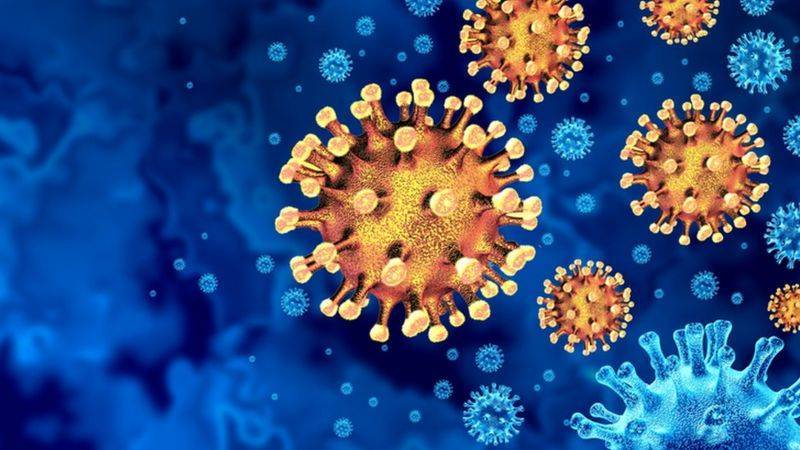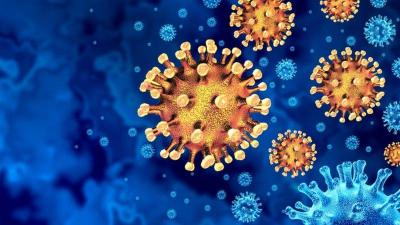The World Health Organization (WHO) has issued a new warning regarding the new variant of the coronavirus, JN.1, which has been rapidly increasing in several countries around the world, raising fears of a repeat of the harsh COVID-19 experience. The WHO has classified the new variant JN.1 as "of interest," separate from the parent strain BA.2.86, after it was previously classified as a sublineage of that strain.
The organization has urged citizens to take necessary precautions to prevent infection and severe diseases, using all available tools, primarily masks, as the virus has been classified as highly infectious and spreading rapidly. Based on the available evidence, the WHO assessed the risks posed by the JN.1 variant as low; however, with the arrival of winter, the variant could lead to an increase in respiratory infections in many countries.
The WHO explained that it is monitoring the evidence and data related to this variant and will update the risk assessments as necessary. They noted that current vaccines continue to provide protection against severe infections and deaths caused by all variants of the COVID-19 virus, including JN.1. The organization added that COVID-19 is not the only respiratory illness circulating, as cases of influenza, respiratory syncytial virus, and common pneumonia among children are also on the rise.
The WHO recommends taking necessary precautions to prevent infection using all available tools, including wearing masks in crowded or poorly ventilated areas, practicing respiratory etiquette by covering faces when coughing or sneezing, regularly washing hands, receiving the influenza vaccine for those most susceptible to severe infections, staying home when sick, and getting diagnosed if symptoms appear or if in contact with someone infected with influenza or COVID-19.
With rising COVID-19 cases in countries dominated by the highly infectious JN.1 variant, several countries, including India, are on alert for the risk of a new wave in the coming days. JN.1 is a relatively new variant identified in a limited number of cases worldwide, first discovered in the United States. Experts say this new variant carries genetic mutations that may make it more transmissible. JN.1 has only one change in its spike protein compared to its predecessors, but this seems to be enough to make it a more efficient and faster virus, with the ability to evade the immune system.
The new variant is expected to become the dominant coronavirus variant worldwide within weeks, as revealed by Dr. T. Ryan Gregory, an evolutionary biologist at the University of Guelph, who confirmed, "It is already evident that it has a high competitive ability compared to current XBB variants, and it seems to be on its way to becoming the next type of globally dominant variant."




